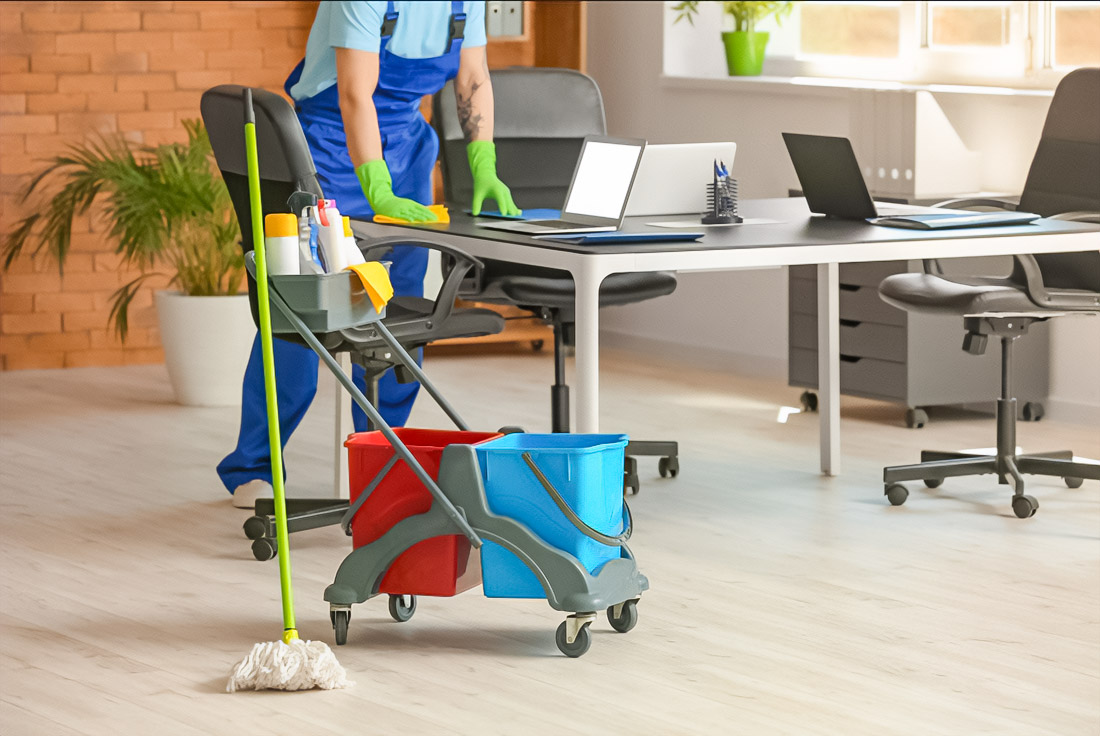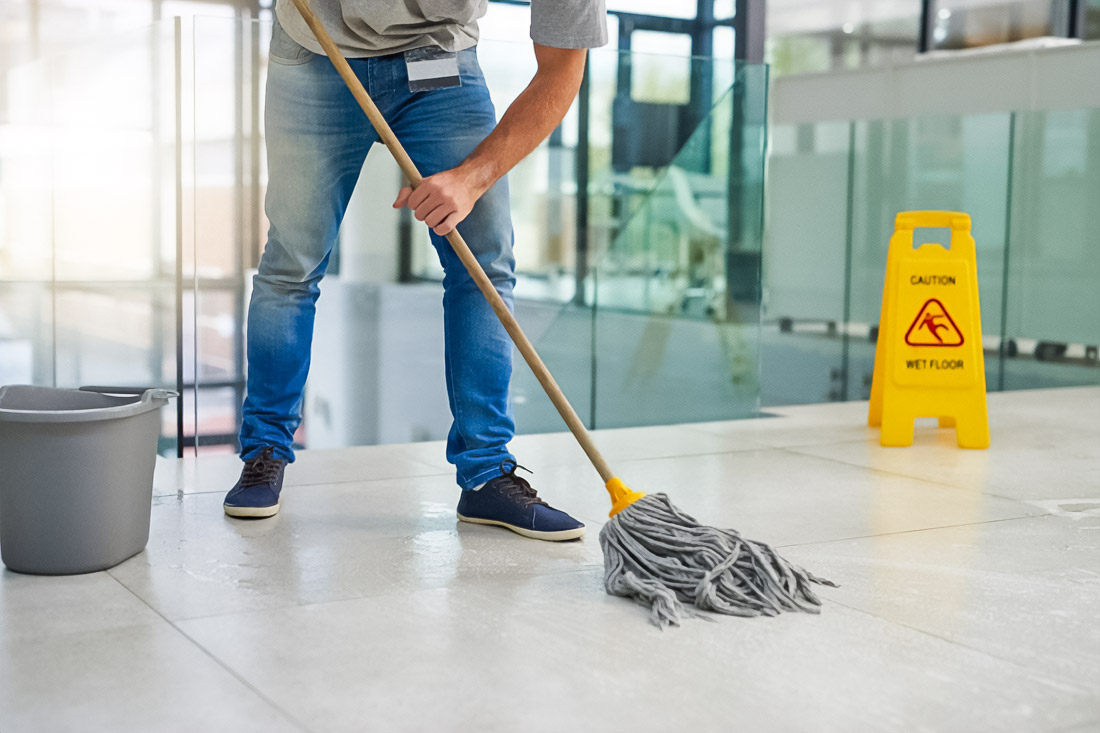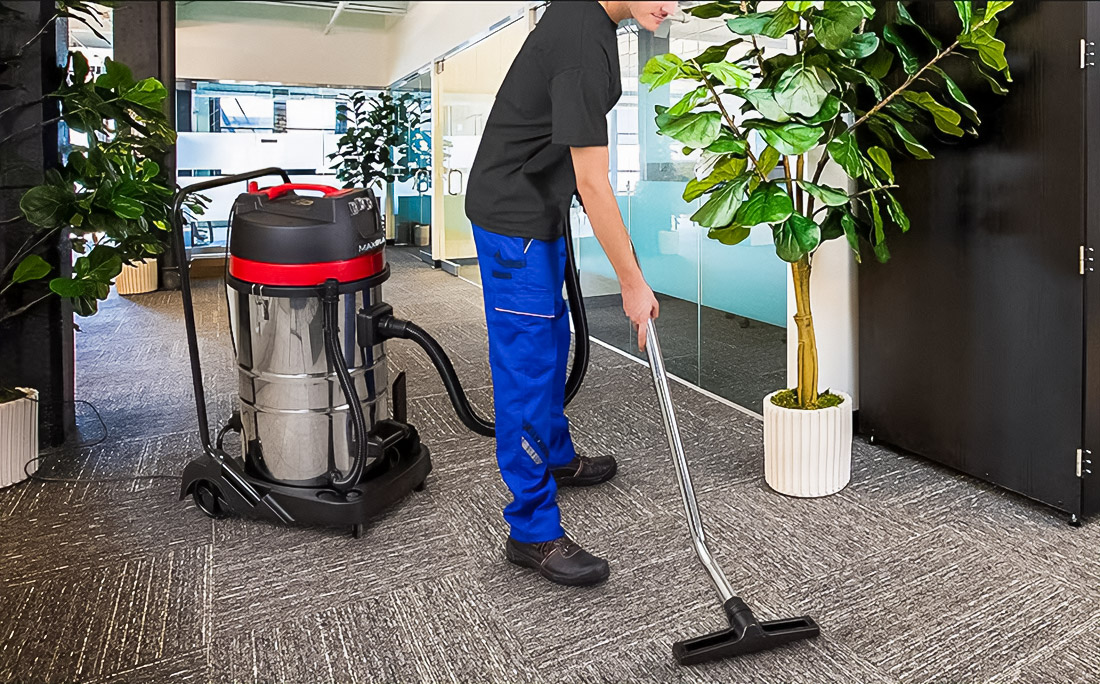Government & Legal Offices: Why Security-Cleared Cleaners Are Essential in the UK
The UK Relies On A Structured System Of Four Clearance Levels BPSS, CTC, SC, And DV That Regulate Who Can Work With Sensitive Information And Infrastructure. The UK relies on a structured system of four clearance levels BPSS, CTC, SC, and DV that regulate who can work with sensitive information and infrastructure. Each stage demands extensive checks, from identity verification to interviews with referees. Regular reviews every 7–10 years underline the gravity of these measures and the responsibility tied to them.
GDPR And Data Protection In The Workplace

Strict GDPR compliance is essential in environments handling confidential records. The “organized desks” policy, mandatory shredding of papers, and DBS checks create a protective layer around personal data. Enhanced DBS is required in institutions with vulnerable groups, ensuring that sensitive information remains secure even when external staff such as cleaners operate within facilities.
Trusted Cleaners And Risk Reduction

Highly vetted cleaners undergo background checks covering criminal records, financial stability, and identity. Additional training and certification enhance their ability to handle confidential materials safely. In practice, their involvement reassures clients and employees in law firms, schools, and healthcare institutions. For an office cleaning service company, having such rigorously vetted staff signals reliability and builds long-term trust.
Pandemic Lessons And Hygiene Expectations

The Covid-19 pandemic has shown that visible cleaning is directly related to public trust. The industry, with a turnover of 59 billion pounds, responded to the challenges by strengthening sanitary measures: regular disinfection of areas with frequent touches, the installation of sensors to monitor work schedules, the use of RFID tags and the introduction of robotic solutions. Surveys have proven that people feel safer where hygiene standards are openly demonstrated.
Labor Reforms And Industry Implications

Planned changes to employment law may eliminate zero-hour contracts and shorten the layoff grace period from two years to a single day. For cleaning firms, these shifts increase HR complexity, raise the risk of disputes, and make staff turnover more expensive. Companies are likely to toughen recruitment policies, further elevating the value of vetted cleaners in sustaining stable operations.
Today, security clearance procedures, GDPR compliance, background checks, and Health & Safety standards interconnect. Cleaning is no longer seen as a purely functional task; it has become an integral part of national security. Whether carried out by a commercial team or a specialized office cleaning service company,the combination of strict vetting and high hygiene standards shapes trust, resilience, and professionalism in the workplace.

I am an award-winning freelance writer who specializes in finance topics. With over ten years of experience.
